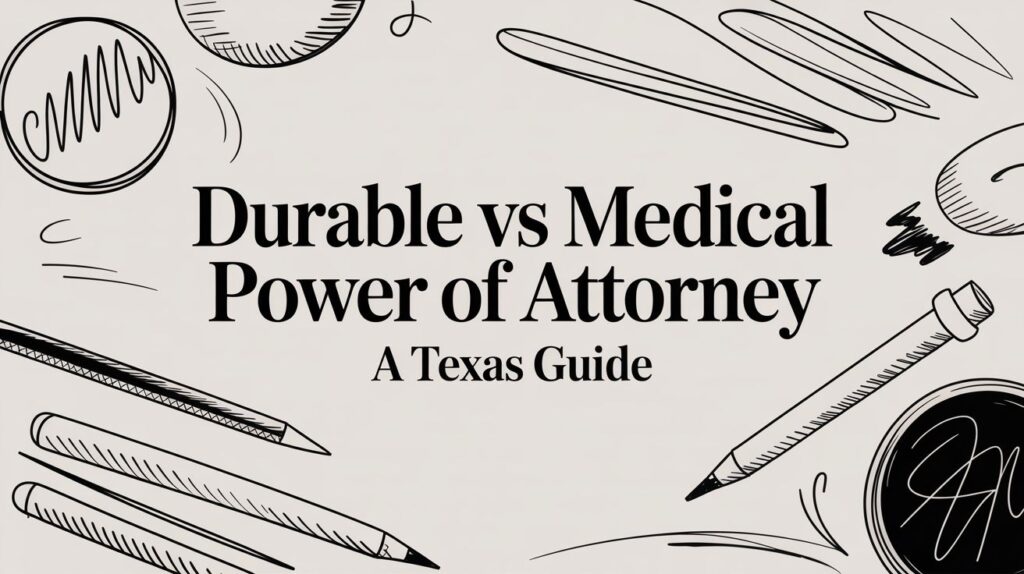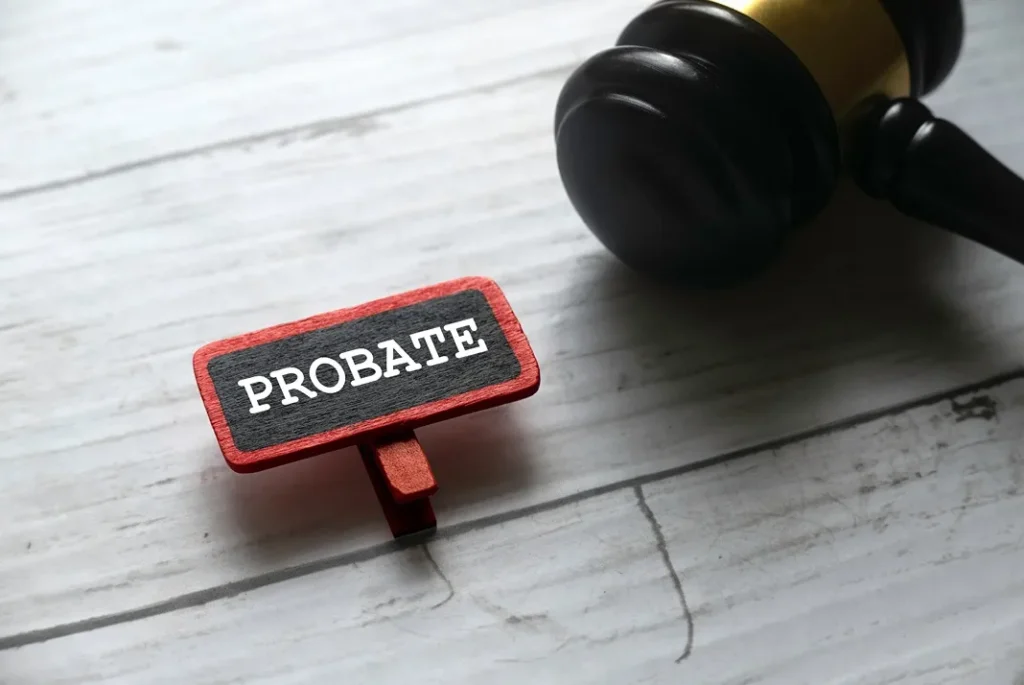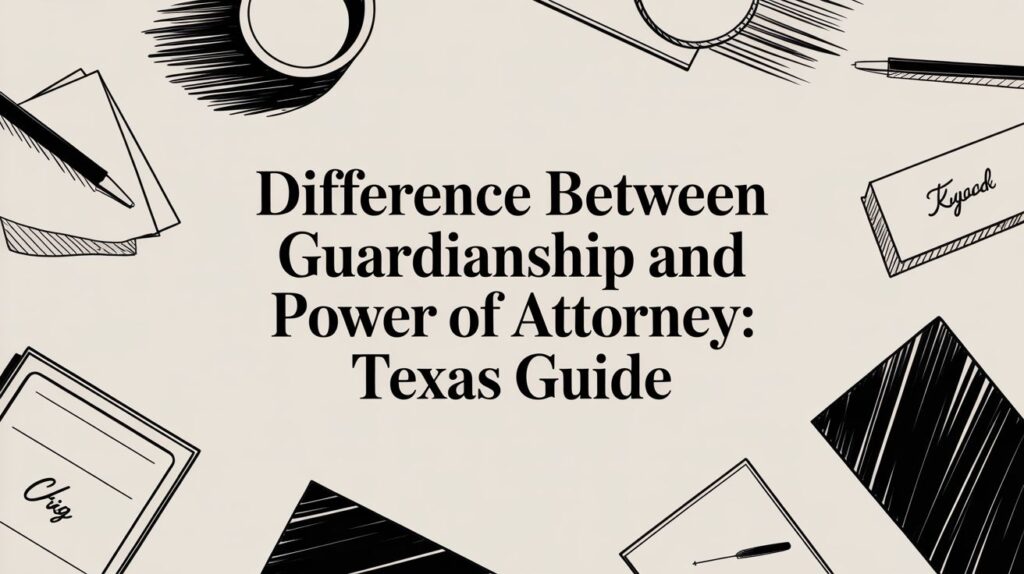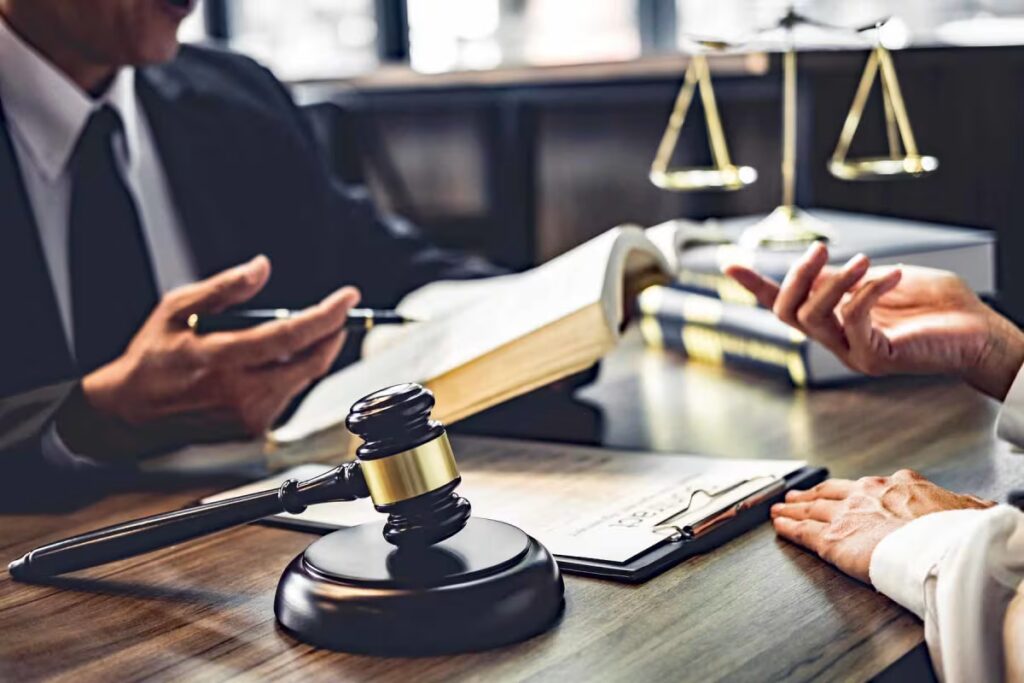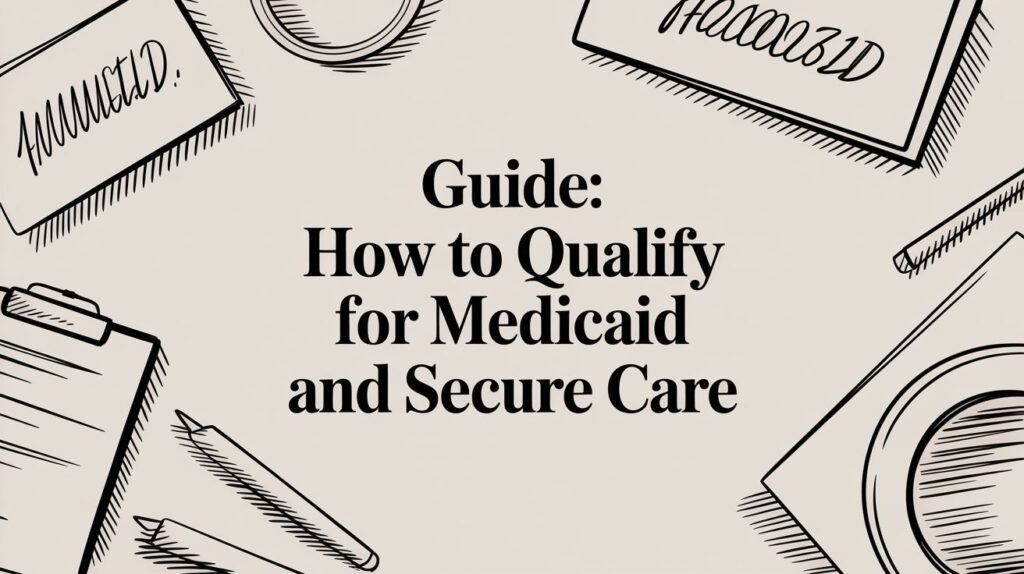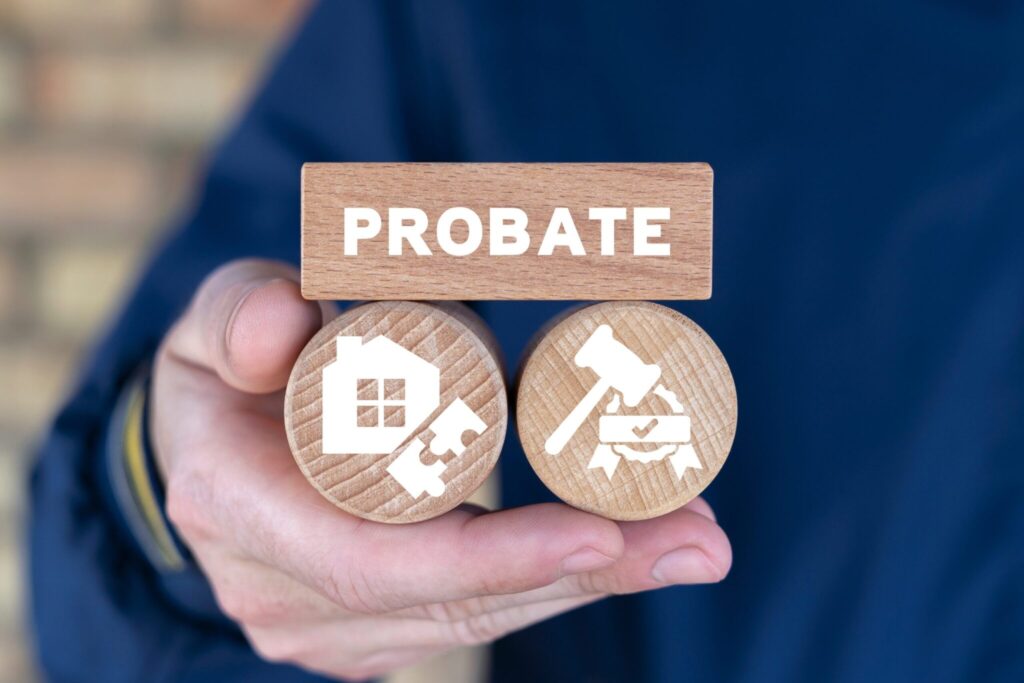The complexities of Texas probate law often create a labyrinth for executors and beneficiaries alike. Among the many challenges that can arise during the probate process, handling undisclosed property is one of the most perplexing. Whether it’s a forgotten piece of land, an unrecorded asset, or property concealed for various reasons, undisclosed assets can throw a wrench into even the most well-planned estate administration. This comprehensive article will guide you through the intricacies of handling undisclosed property in probate under Texas real estate law, providing clarity and actionable steps for dealing with these tricky situations.
Understanding the Basics: What is Undisclosed Property?
Undisclosed property refers to assets not included in the initial inventory submitted to the probate court. This could be due to various reasons, such as the decedent forgetting to mention the property, the executor being unaware of its existence, or the decedent intentionally concealing it. Whether undisclosed by accident or intention, you must properly address such property to ensure the probate process is completed lawfully and equitably.
Why Undisclosed Property Complicates Probate
- Incomplete Inventory: The probate process begins with the executor filing an inventory of the deceased’s assets. Undisclosed property means this inventory is incomplete, which can delay proceedings and potentially lead to legal issues.
- Beneficiary Disputes: The discovery of undisclosed property can lead to disputes among beneficiaries, especially if the asset is valuable. Questions of ownership, entitlement, and proper distribution can create conflicts that require legal resolution.
- Tax Implications: Undisclosed property can alter the estate’s value, affecting tax obligations. Executors may find themselves needing to file amended tax returns or pay additional taxes, which can further complicate the estate administration.
Steps to Take When Undisclosed Property is Discovered
When undisclosed property surfaces during probate, you must act promptly and correctly to ensure the estate is administered according to Texas law. Here’s a step-by-step guide on how to handle such situations:
1. Conduct a Thorough Investigation

Upon discovering undisclosed property, the first step is to investigate the asset thoroughly. This includes:
- Determining Ownership: Verify that the property indeed belongs to the decedent. This may involve searching public records, contacting financial institutions, or consulting with the decedent’s relatives or business partners.
- Assessing Value:Have the property appraised to determine its market value. This is important for updating the estate’s inventory and ensuring fair distribution among beneficiaries.
- Checking for Liens or Debts: Investigate whether the property has any associated liens, mortgages, or debts that need to be settled.
2. Amend the Estate Inventory
Once the property has been verified, the executor must file an amended inventory with the probate court. This updated inventory should include all necessary details about the undisclosed property, such as its description, location, and appraised value. Amending the inventory is essential for maintaining transparency and compliance with Texas probate laws.
3. Notify Beneficiaries
Transparency is key in probate proceedings. The executor should promptly notify all beneficiaries about the discovery of the undisclosed property and how it will affect the estate distribution. This communication helps prevent misunderstandings and potential disputes.
4. Reevaluate Estate Distribution
The discovery of undisclosed property may necessitate a reevaluation of the estate’s distribution plan. Depending on the value of the asset, the executor may need to adjust the shares each beneficiary is to receive. This could involve redistributing other assets or selling the undisclosed property and dividing the proceeds among the beneficiaries.
5. Address Tax Implications
Adding undisclosed property to the estate can impact the estate’s tax obligations. The executor must consult with a tax professional to determine if additional taxes are due and ensure that all necessary tax filings are updated. This step is crucial to avoid penalties and legal issues down the road.
Legal Considerations and Potential Challenges
Handling undisclosed property during probate is not without its challenges. Executors must navigate a range of legal considerations to ensure the process is handled correctly:
1. Statute of Limitations
Texas probate law imposes certain time limits, known as statutes of limitations, within which claims against an estate must be filed. The discovery of undisclosed property may raise questions about whether the property can still be included in the estate or if it falls outside these limitations. Legal advice may be necessary to determine the correct course of action.
2. Potential Legal Disputes

Beneficiaries may contest the inclusion or distribution of undisclosed property, leading to legal disputes that can prolong the probate process. These disputes might involve questions of rightful ownership, allegations of fraud, or disagreements over how the property should be divided. In such cases, mediation or court intervention may be required to resolve the issues.
3. Compliance with Texas Probate Code
The Texas Probate Code outlines specific procedures for administering estates, including how undisclosed property should be handled. Executors must ensure they comply with these legal requirements, which may involve filing additional documents, obtaining court approval for certain actions, and following prescribed steps for asset distribution.
The Role of Legal and Financial Professionals
Given the complexities involved in handling undisclosed property during probate, executors should seek professional assistance. Legal and financial professionals can provide invaluable guidance in the following ways:
1. Probate Attorneys
A probate attorney can help navigate the legal intricacies of including undisclosed property in the estate. They can assist with filing the necessary documents, representing the executor in court if disputes arise, and ensuring compliance with all relevant laws.
2. Tax Advisors
Tax advisors play a crucial role in assessing the tax implications of undisclosed property. They can help the executor understand the impact on the estate’s overall tax liability, file amended returns if necessary, and ensure that the estate remains in good standing with tax authorities.
3. Real Estate Appraisers
Real estate appraisers are essential for accurately valuing undisclosed property. Their assessments ensure that the property is correctly reflected in the estate’s inventory and that beneficiaries receive a fair distribution of assets.
Case Studies: Real-Life Examples of Undisclosed Property in Probate
To better understand how undisclosed property is handled in Texas probate, let’s explore a few real-life case studies:
Case Study 1: The Hidden Ranch
In this case, a decedent’s will was straightforward, leaving his estate to his two children. However, during the probate process, the executor discovered a large piece of ranch land in West Texas that the decedent had never mentioned. The land had been purchased decades earlier and was completely undeveloped, with no records in the decedent’s files.
The executor had to take several steps to address the ranch’s discovery:
- Verification: The executor confirmed ownership through county records.
- Valuation: A real estate appraiser determined the land’s market value, which significantly increased the estate’s worth.
- Distribution: After consulting with the beneficiaries, the executor decided to sell the land and distribute the proceeds equally, as maintaining the property was not feasible for the heirs.
Case Study 2: The Forgotten Oil Royalties
Another case involved a decedent who had owned small mineral rights in several oil wells throughout Texas. The executor discovered these rights only after receiving a delayed royalty check from an oil company, as the will did not mention them. The executor faced several challenges:
- Locating Assets: The executor had to track down records and contracts related to the mineral rights, which were scattered across different counties.
- Amending the Estate Inventory: Once the assets were identified, they were added to the estate inventory, and the beneficiaries were informed.
- Ongoing Income: Since the mineral rights produced ongoing income, the executor had to establish a system for distributing future royalty payments to the beneficiaries.
Preventing Undisclosed Property Issues in Probate
Some instances of undisclosed property are unavoidable, but you can take steps to minimize the likelihood of these complications during probate:
1. Comprehensive Estate Planning
Encouraging thorough and detailed estate planning is one of the most effective ways to prevent undisclosed property issues. Advise individuals to maintain an up-to-date inventory of all their assets, including those easily overlooked, such as out-of-state property, digital assets, or unrecorded investments.
2. Regular Updates to Wills and Trusts

Regularly update wills and trusts to ensure proper accounting of all assets and reflect the current situation in the estate plan. Life changes, such as the purchase of new property, should prompt a review and update of estate documents.
3. Clear Communication with Executors and Beneficiaries
Open communication between the decedent, their executor, and their beneficiaries can prevent many issues. Executors must fully understand all assets during the estate planning process, and beneficiaries must clearly know what to expect.
Conclusion: Navigating the Challenges of Undisclosed Property in Texas Probate
Handling undisclosed property in probate is one of the many challenges that can arise during the administration of an estate in Texas. While the discovery of such assets can complicate the process, understanding the necessary steps and seeking professional guidance can help ensure a smooth resolution. Executors must remain vigilant, thorough, and transparent throughout the process, always adhering to Texas probate laws and prioritizing the fair and equitable distribution of the estate. By following the guidance provided in this article, executors can successfully navigate the complexities and fulfill their duties with confidence and integrity.



